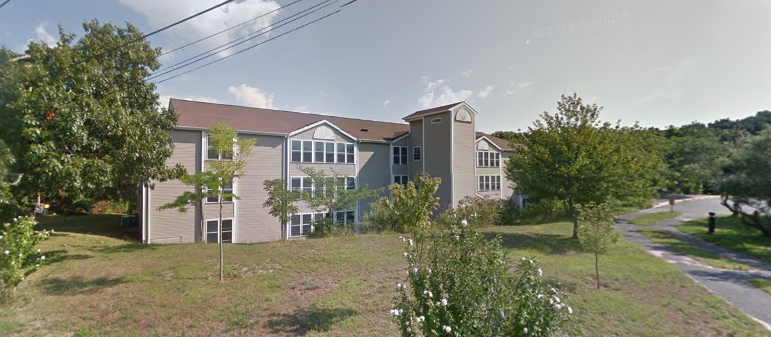State Elderly and Disabled Low Income Rental Housing

The elderly/handicapped housing program (Chapter 667) provides housing for qualified low-income elderly and handicapped persons, as defined in Massachusetts General Law Chapter 121B.DHCD’s Division of Public Housing and Rental Assistance, which administers this program, has the responsibility for regulatory and administrative oversight of all state-aided public housing programs which address the needs of low income families, elderly, and persons with disabilities.
How it works:
Households seeking public housing assistance must apply for housing in the community in which they are interested in living. Each local housing authority (LHA) issues its own application for the housing it manages. Applications are available by calling or visiting a local housing authority or using the forms available on the DHCD website. There is no limit to the number of LHAs to which a household can apply. Tenants who live in state-aided Chapter 667 elderly/handicapped housing pay 30% of their income for rent. The department of Housing and Community Development (DHCD) provides subsidy funds to local housing authorities to cover the costs of operating state-aided housing not provided for by reduced rents of 30% of income.
Who is eligible:
For state-aided elderly/handicapped housing, net income and age are the basis for eligibility. Income limits are set at 80% of the median income for the area in which the community is located. They are set every two years, with the most recent income limits set in August of 2004. An applicant’s net income is calculated by totaling each household member’s gross income less any applicable deductions. Persons who are at least 60 years of age are considered elderly. Non-elderly low income persons with one or more physical or mental impairments may be determined eligible for Ch. 667 housing if the impairment is considered to be long and continued duration; and if the private market is unavailable to provide the applicant with the necessary special architectural design features and forces him or her to live in decadent, substandard housing and/or pay excessive rents.
Once the household has been determined financially eligible it must then be determined qualified for state-aided public housing by the LHA. Using the qualification standards contained in DHCD’s eligibility and selection criteria regulation, LHAs screen each applicant household to ensure that the applicant and his or her household members are qualified for state-aided public housing. Applicants found either ineligible or unqualified have the right to appeal such a decision locally at the housing authority and if necessary, at DHCD.
Selection Process:
Eligible and qualified applicants are selected by the local housing authority in accordance with DHCD regulations. Once the individual need of each applicant household is considered, applicants are selected in chronological order by date of application, with a preference given to local veterans, local residents, and in some cases, minorities. Priority consideration is granted for households determined to be homeless through no fault of their own, consistent with the LHA’s emergency case plan and DHCD regulation.
For more information about Public Housing:
Please contact the Department of Housing & Community Development Main Office (617) 573-1100.